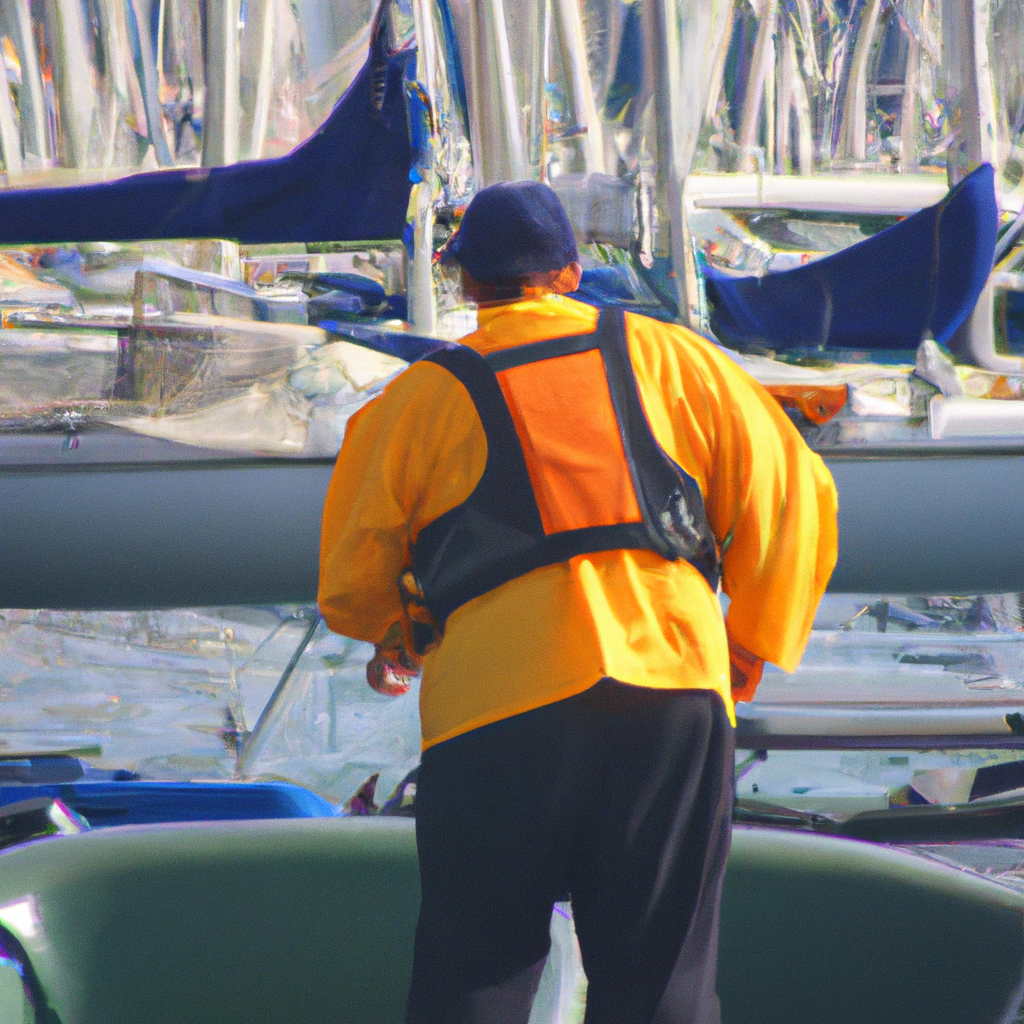Sailing Safely: Essential Guide for the Practice of Nautical Activities

The sea, with its immensity and beauty, has always attracted humanity, awakening an innate desire for exploration and adventure. Nautical activities, whether for recreation or sport, offer a unique way to interact with this natural environment. However, they also involve risks that must be carefully considered. This article will provide a comprehensive guide to the crucial aspects of boating safety and boat maintenance, from pre-departure preparation, to how to act in emergency situations, to understanding weather and marine conditions. Thus, we can ensure a safe and enjoyable nautical experience.
- 1. "Preparation before embarking: Necessary equipment and knowledge"
- 2. "Safety tips while boating: How to act in emergency situations"
- 3. "Boat maintenance: Prevention of accidents on the water"
- 4. "Understanding the climate and maritime conditions: Keys to a safe nautical activity"
1. "Preparation before embarking: Necessary equipment and knowledge"
Before embarking on any nautical activity, it is crucial that you prepare adequately both in terms of equipment and knowledge. Firstly, you must ensure that you have all the necessary safety equipment on board, including life jackets for all passengers, a first aid kit, flares and a VHF marine radio to communicate in case of emergency. In addition to this, it is also vital that you understand how to use this equipment if necessary. In terms of knowledge, you should be familiar with the basic rules of navigation, how to operate your boat, and how to respond in an emergency. Nautical safety courses are an excellent way to acquire this knowledge and skills. Remember that good preparation can make the difference between a safe and enjoyable boating experience and a dangerous situation.
2. "Safety tips while boating: How to act in emergency situations"
While sailing, it is essential to be prepared for any emergency situation. First, everyone on board must know the location and proper use of safety equipment, such as life jackets, flares, fire extinguishers, and first aid equipment. In the event of an emergency, staying calm is essential. A quick and calm response can make all the difference. It is important to have a previously established emergency plan, which all crew members know. In addition, you should always have the contact information of the local maritime authorities on hand, so that you can request help quickly and effectively if necessary. Remember, boating safety should always be a priority.
3. "Boat maintenance: Prevention of accidents on the water"
Regular maintenance of boats is essential to prevent accidents on the water. Regular checking of the condition of the engine, steering system, buoyancy systems, navigation lights, safety and communications equipment, as well as cleaning and care of hulls and decks, are essential to ensure safe operation. safe and efficient operation. Additionally, it is important to remember that boats should be serviced by qualified professionals at least once a year, although frequent use may require more frequent inspections. Proper maintenance not only prolongs the life of your boat, but can also prevent dangerous situations on the water, such as engine failure, fires on board, or even sinking. Therefore, preventing accidents on the water begins on land, with careful and regular boat maintenance.
4. "Understanding the climate and maritime conditions: Keys to a safe nautical activity"
Understanding the weather and maritime conditions is crucial to safely perform nautical activities. Weather can change quickly at sea, so it's important to be aware of the forecast before setting sail. Additionally, we must understand how these changes can affect water conditions. For example, strong winds can generate high waves and strong currents, which can be dangerous for boaters. Tidal conditions are also important, as a low tide can leave the boat stranded, while a high tide can carry the boat towards hidden dangers, such as rocks or coral. Therefore, before starting any nautical activity, it is essential to review the weather and maritime forecasts, and have a contingency plan in case of unexpected changes.
